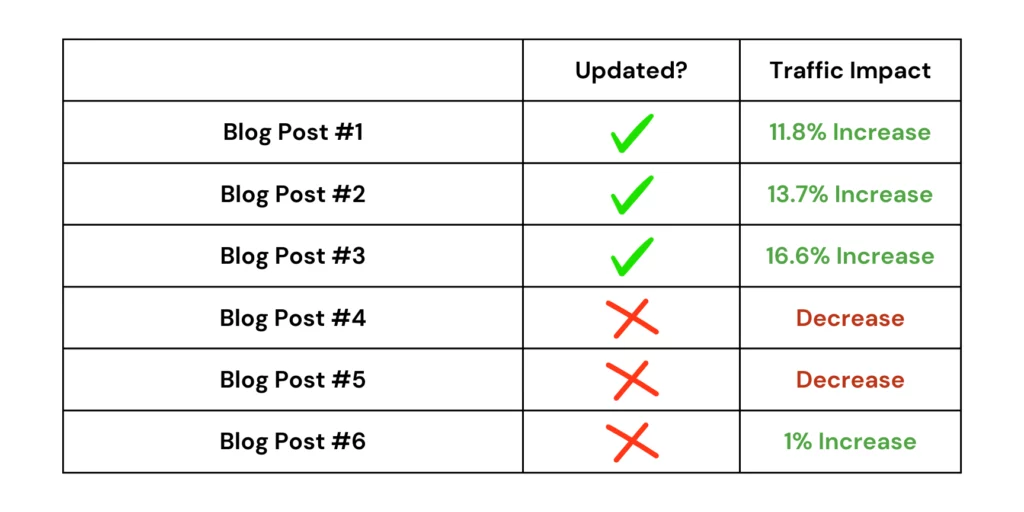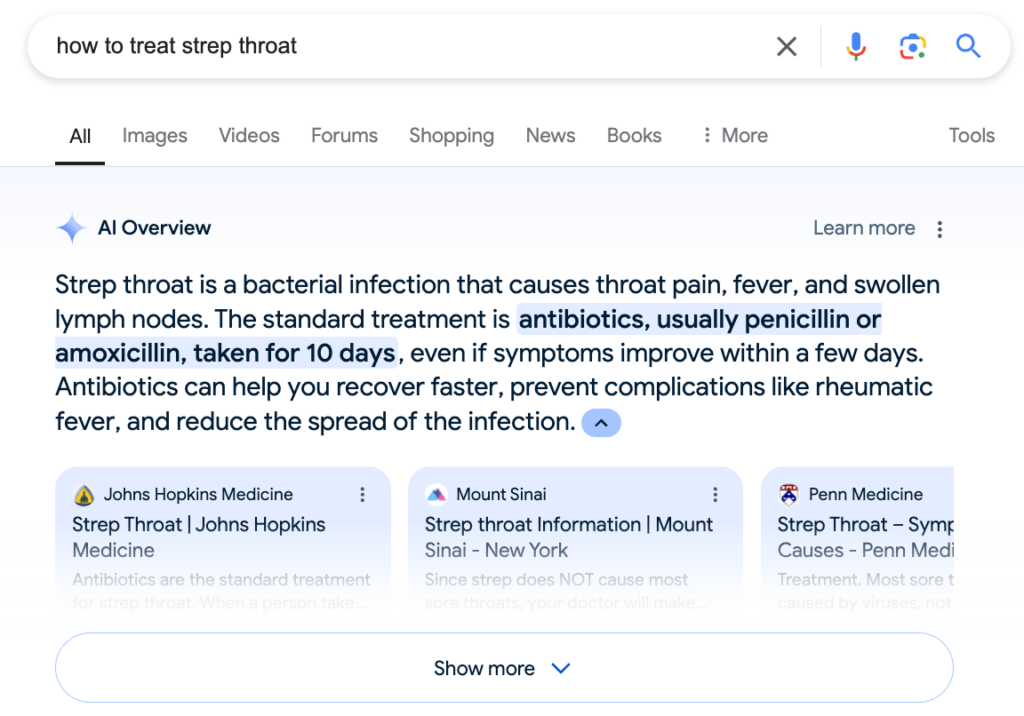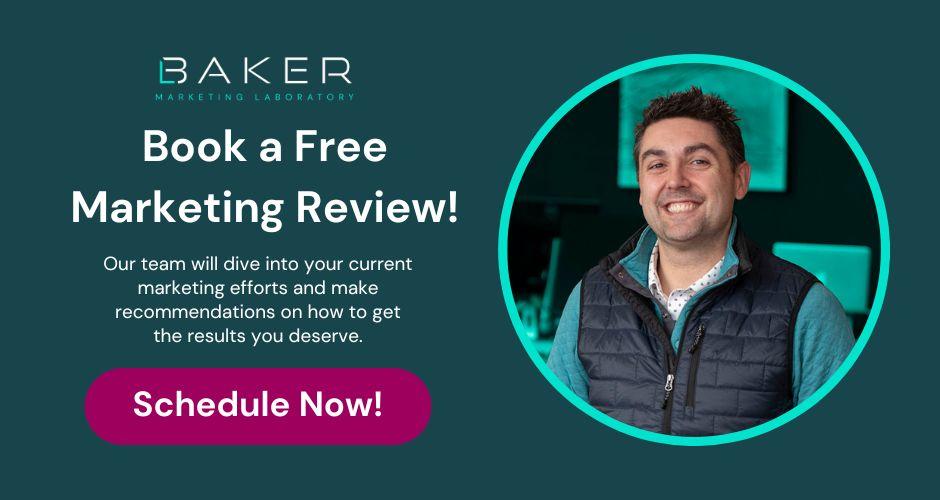It’s been a big year in the SEO world.
Google’s March 2024 core update rolled out over a six-week period to address low-quality content and crackdown on spam. Then, in May, Google unveiled its first AI-generated summaries on search engine results pages (SERPs). This comes as machine-learning chatbots such as ChatGPT and Google’s own Gemini continue to reshape our search experience.
So what’s next? Will AI completely replace the traditional search engine? With so many spam policies in place, does keyword targeting still work? As we look to finish out the year, here are five trends we’re watching in SEO.
1. Keep Content Relevant
SEO experts have known for years that search engines favor fresh, updated content that shows a site is active and relevant. But while this used to be more prevalent in fast-moving verticals like e-commerce, we’re starting to see the ramifications in B2B contexts.
We specialize in healthcare marketing, and for many of our clients, their core service line offerings don’t change all that much from year to year. Especially from the patient’s point of view—a dental prophylaxis or an annual mammogram is pretty much the same every time they go in. But still, search engine crawlers are looking for signs of life on your website.
At the beginning of 2024, we ran an experiment with one of our long-time clients—a surgical group. We identified six of their top-performing blog posts that were more than two years old. All of these articles had regular organic search traffic and upwards of 1,000 monthly average search impressions.
We updated three blog posts and kept the other three the same. Here’s how organic traffic compared in the three months leading up to the March core update and the three months after:
- The blogs we updated saw traffic increases of 11.8%, 13.7%, and 16.6%, respectively
- One blog we didn’t update saw a 1% increase in traffic; the other two pages had decreases in traffic.

What Did We Change?
Here’s the thing — these updates weren’t complete overhauls.
- We used more natural language with semantic matching rather than exact-match keywords (think: recovering from cataract surgery instead of how to recover from cataract surgery).
- We removed a few outdated references, such as COVID-19 mask policies.
- We added a few paragraphs of additional information.
- We reformatted for mobile readers (e.g. bullet points instead of huge paragraphs).
The takeaway? Small updates can have big SEO impacts.
2. Prioritize User Experience
In the same vein as having outdated content, older sites get bulky over time. Posts, resources, videos, and images add up, ultimately creating a website that’s more like a storage closet than a functional living space.
Effective web design prioritizes:
- Fast loading times
- Mobile responsiveness
- Intuitive navigation
For example, many professional service websites use template designs that have a Contact Us page and a Schedule an Appointment page. If these are essentially the same thing, you aren’t doing yourself — or your users — any favors.
We recently worked with a healthcare client who had about four different pages for each service line: what is the service, how to prepare for the service, how to recover from the service, FAQs about the service, and so on. Our advice? Combine them.
This led to a much simpler navigation in the site’s menu because users can find everything they need in one place.
3. Be a Human, Not a Machine
Let’s be clear, by no means are we anti-AI. We love artificial intelligence tools for productivity and process automation. When it comes to content generation, though, AI is pushing everyone to the middle. Instead of interesting, unique takes on different topics, the internet is now flooded with generic, shallow responses to most questions.
For example, AI would likely say to “brush your teeth twice per day with a fluoride toothpaste.” This is valid dental advice, but it’s not novel, and it won’t stand out from any other website on the internet. That’s not to say you can’t have statements like this, but go deeper.
If you’re an expert in your field, share your unique perspective in your own voice. Authoritative content boosts your SEO. For example, as a dentist, what are some best practices you can share to promote dental hygiene in young children, or what do you recommend to someone struggling with sensitivity or tooth pain?
Another way to showcase your expertise is to include an author box with posts and to share links on your personal social media. This creates both an internal structure and referral traffic pattern that support your site’s human-first content.

4. Incorporate Multimedia
When measured by volume of data, more than 60% of internet traffic comes through videos. The average podcast listener spends 7 hours per week on their favorite podcast app. Needless to say, your customers and patients aren’t just reading words.
We’ve seen infographics, reels, and embedded audio clips all drive page traffic for our clients. Sometimes marketers think about a content strategy as being words-only, particularly when conducting keyword research. But it’s important to also think about how users are engaging with your core services through other forms of media.
Of course, if someone is searching on Google Images or is filtering for video results, you don’t want to miss out on that traffic. But we’re increasingly seeing SERPs feature image results embedded with text results, like in this search for stroke treatment:

We expect that search engines will continue to prioritize pages that contain both textual and visual representations of key content.
5. Answer Engine Optimization
Speaking of search results pages, they’re getting crowded. Sponsored results, featured snippets, and now AI summaries take up the majority of the page before you even get to the organic results.

Even a couple of years ago, we were already seeing zero-click searches as the majority of search interactions. Users with simple questions can find their answers without needing to navigate to your website. This means your brand needs to show up well directly on SERPS.
When creating a content strategy, focus on answering relevant questions to increase your chances of appearing in a featured snippet or “people also ask” section. Use clear, concise, conversational language. It’s a little too early to know what’s going to be the best way to optimize for AI-powered search results, but we’re guessing your site’s ability to answer questions will be a big part of it.
Don’t overlook the obvious, either. If someone is googling your business’s phone number, will they find it? Make sure you’ve claimed and optimized your Google Business Profile, and make sure you’re updating with information such as holiday closures or a change in business hours.
Stay Ahead of SEO Trends
Overall, we’re seeing frequently updated, human-first content continues to perform best in search engine results. If you’ve seen your organic search traffic decline in recent months, schedule a call with our team for a full marketing strategy review.

Baker Marketing Laboratory has been helping healthcare businesses for years to expand their digital presence and generate the growth they deserve. We are an innovative marketing firm that delivers best-in-class results for healthcare practices across the U.S. and internationally, and we like to have fun in the process.


